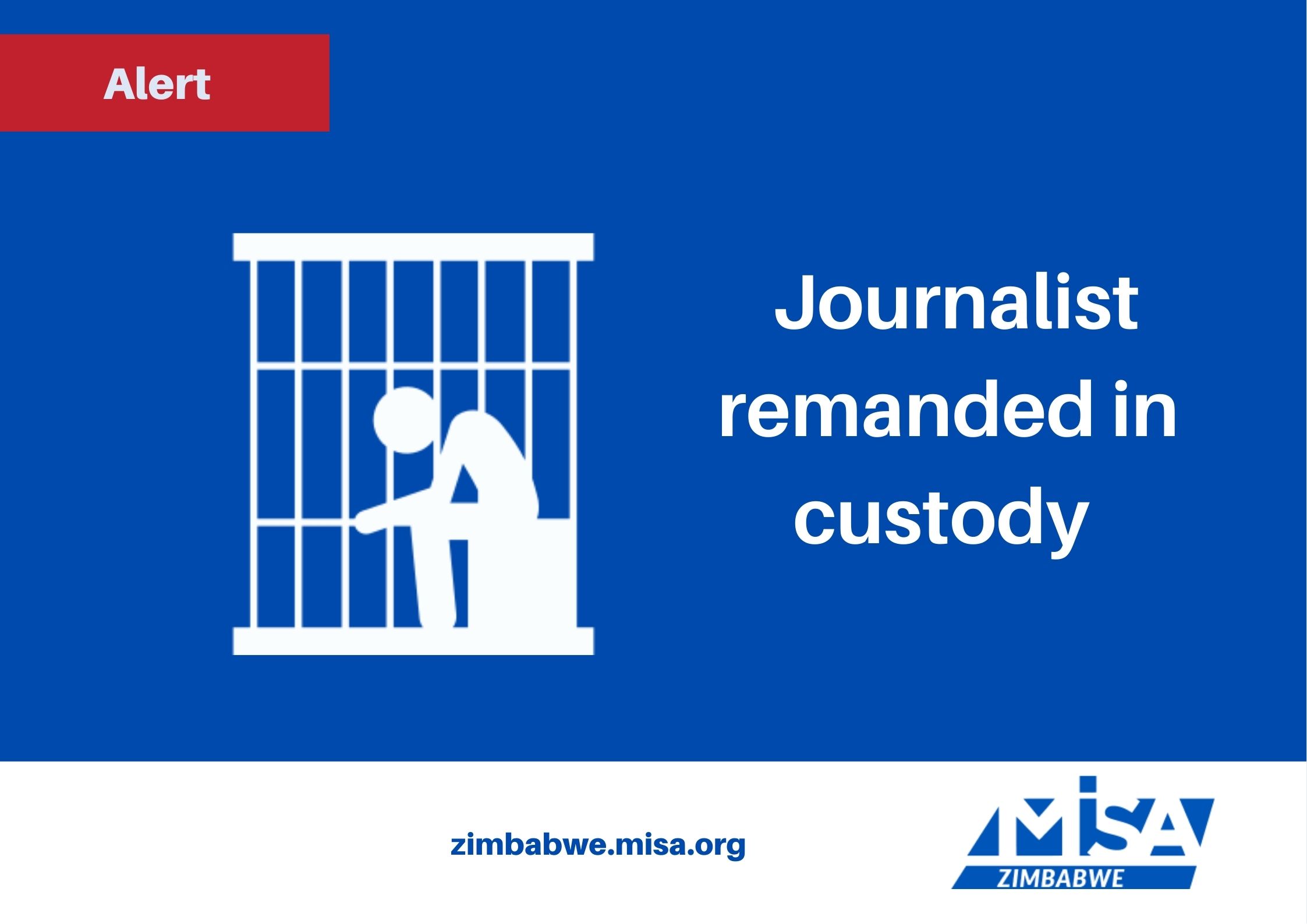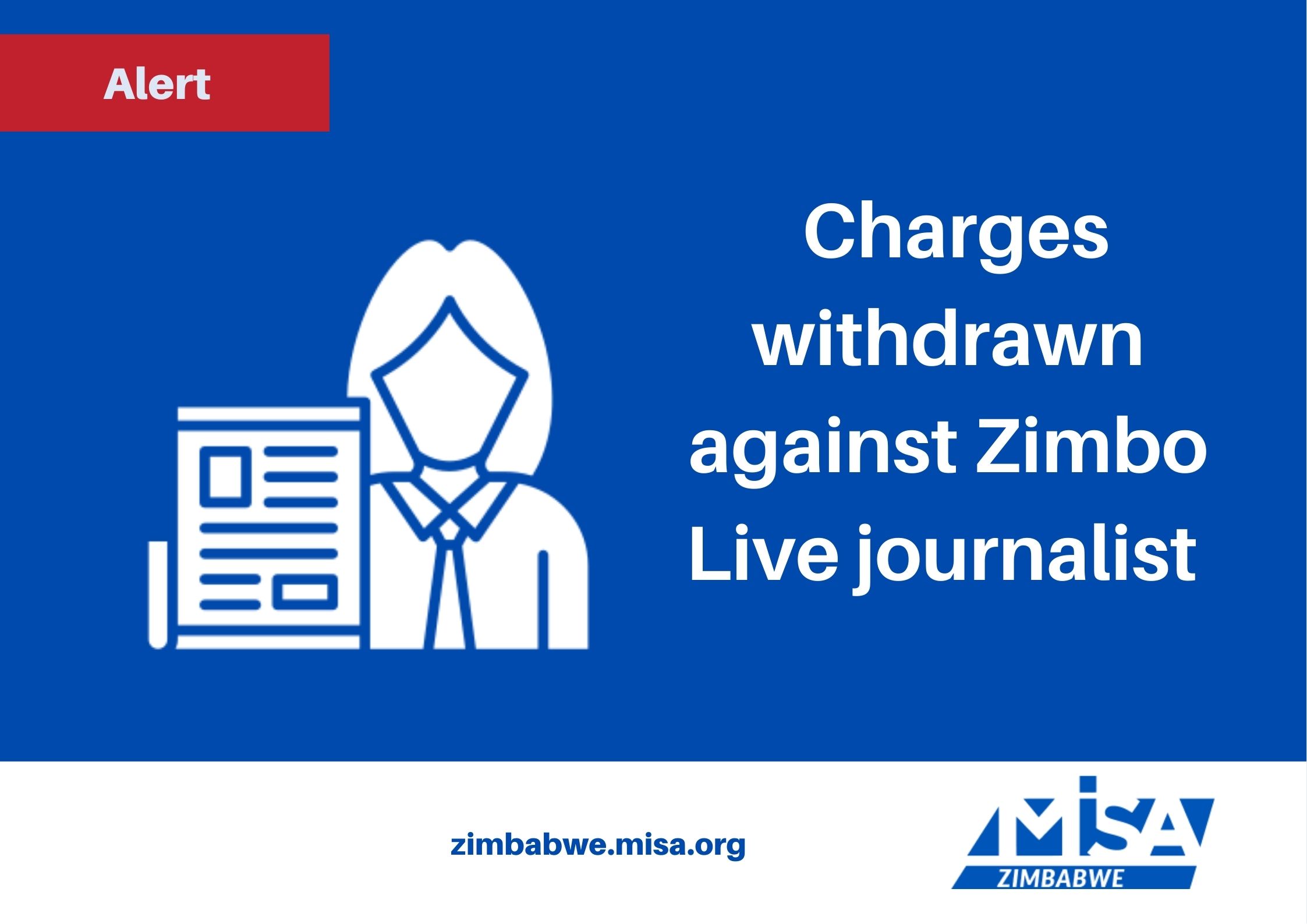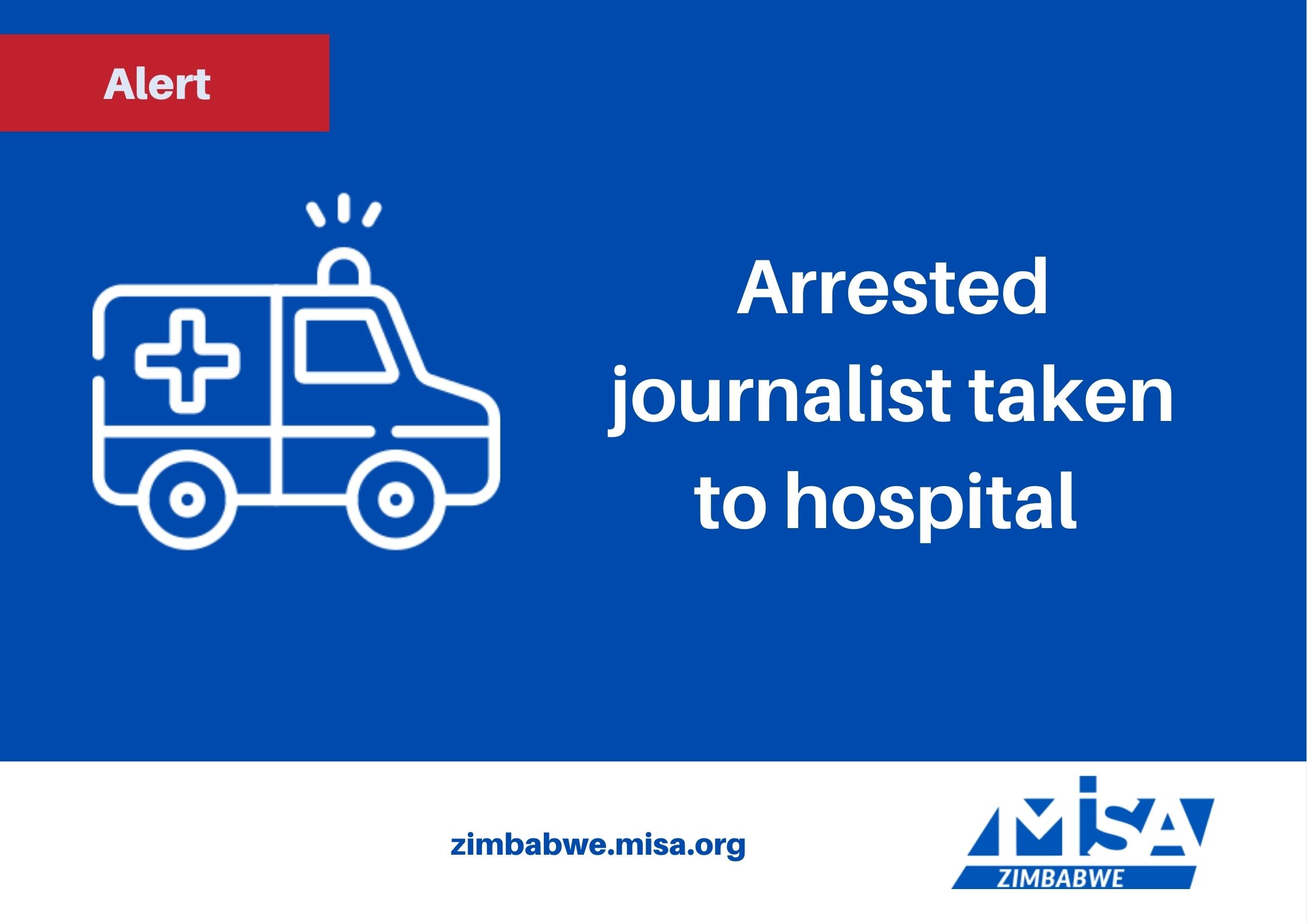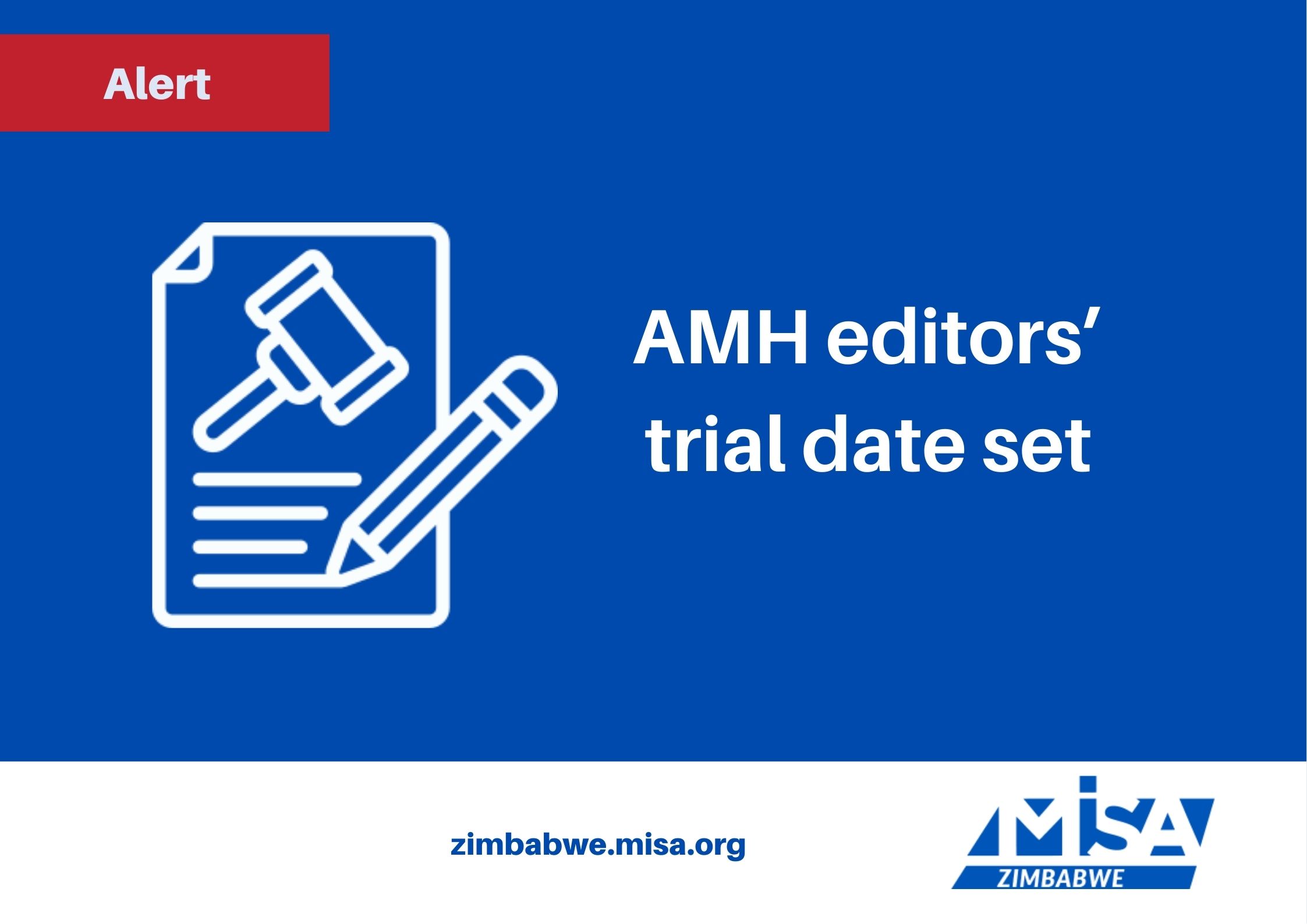The government is working on the Broadcasting Services Amendment Bill and a Zimbabwe Media Practitioners’ Bill which it says will go a long way in democratising the media operating environment.
The two proposed laws are expected to be handed over to the Attorney-General’s Office in April this year.
Honourable Kindness Paradza, the Deputy Minister of Information, Publicity and Broadcasting Services, told participants at a MISA Zimbabwe Broadcasting Stakeholders meeting in Harare on 9 March 2022, that the Broadcasting Services Amendment Bill seeks to address the lack of diversity and plurality in the sector.
“The amendment Bill seeks to further open up the airwaves by licensing community and campus radio stations and privately owned TV stations,” he said.
The Broadcasting Services Act was enacted in 2001.
“Certain sections of the Act have proved difficult to implement and some sections have become inconsistent with the new constitution,” he said. “Technology has also evolved rapidly over the last few years making sections or definitions of services meaningless or definitions meaningless or out of sync with reality.”
Among other issues, the amendment will increase the threshold of foreign investment in the broadcasting sector to 40% for foreign investors.
The draft Bill which was presented to stakeholders in December 2018 had a 20% threshold for foreign investment. MISA Zimbabwe and the other media stakeholders said the threshold was too low for such a capital-intensive industry.
MISA Zimbabwe has been lobbying the government to allow more foreign investment in broadcasting, as the sector is capital intensive and not many local players have the financial muscle to invest in the broadcasting sector.
The amendment also seeks to introduce Section 23A that will limit monopolies in the broadcasting sector by limiting the number of licences an entity may hold in one category.
An entity will only be allowed to hold one national commercial broadcasting services licence per category and only two local commercial radio licences of the same category.
“This is being introduced to curb monopoly in the sector and also ensure there is equitable distribution of the limited national resource, the band spectrum,” the Deputy Minister said.
On the media practitioners’ Bill, Honourable Paradza said the proposed law would go a long way in empowering journalists in the country.
Media practitioners and stakeholders drafted the Bill which was shared with parliament, government and the Zimbabwe Media Commission (ZMC).
ZMC in turn drafted its own alternative media governance Bill, triggering a stalemate on the way forward.
The government says the proposed law will assist in breaking the logjam between the media players and the Commission, with the former insisting on the inclusion of its input into the Bill for effective co-regulation of the media.
Meanwhile, the government has threatened to revoke the licences of community radio stations that fail to go on air within the stipulated 18 months of being licensed.
However, MISA Zimbabwe reminded the Deputy Minister of the existing restrictions on the operations and viability of community radio stations saying a heavy-handed approach would only undermine the right to access information in marginalised communities.
The Deputy Minister was also taken to task on why the government was eager to cancel licences of community radio stations, but not those issued to state media and other commercial entities which also failed to go on air as stipulated in terms of their licences.
Asked if the Bill was going to attend to the transformation of the Broadcasting Authority of Zimbabwe (BAZ) into an independent authority, the Deputy Minister stated that the statutory board was wholly owned by the government and that the security arm of the government had vested interest in its operations.
Responding to questions on the status of digital migration, Honourable Paradza said 18 out of 44 transmitters have been digitised. He bemoaned the ministry’s challenges in accessing foreign currency for the completion of the process.
Zimbabwe missed both the Southern African Development Community (SADC) and the International Telecommunications Union (ITU) digital migration deadlines which were set for June 2013 and June 2015, respectively.













